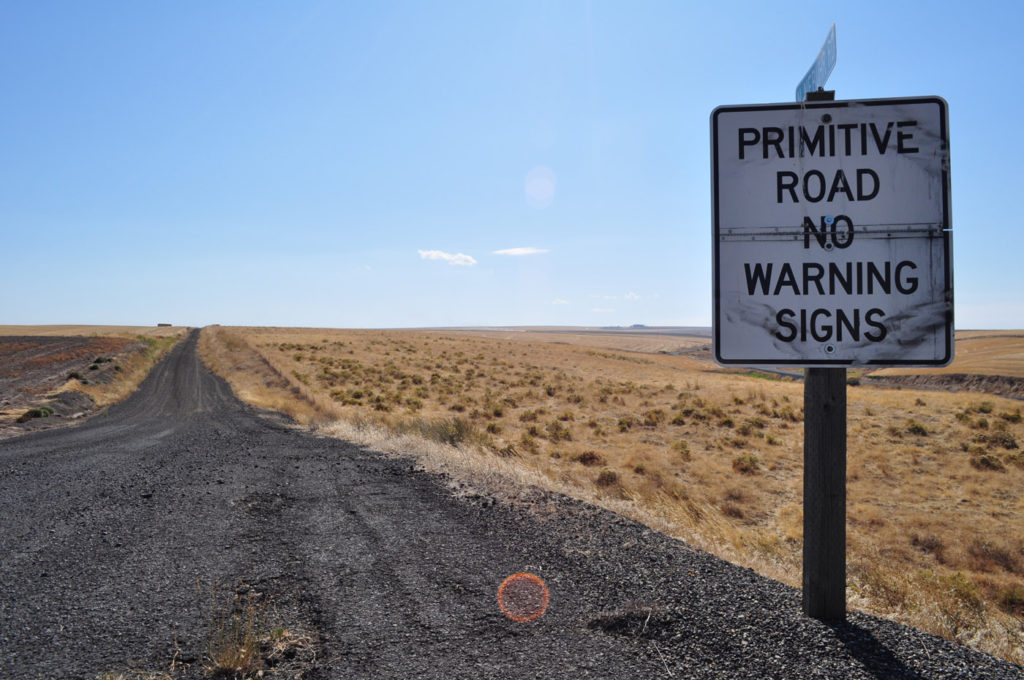Controlling the narrative pace is an aspect of writing that most authors aspire to learn. However, it’s also a fairly misunderstood concept. To learn how to control the narrative pace you must know three things: how, when, and – most importantly – why.
First of all, a quick definition: The narrative pace (or narrative pacing) of a story refers to the speed at which the author offers the story. Obviously, this isn’t linked to the speed at which the events of the story occur.
Indeed, as we’ll see in this post, the discrepancy between the two is a key component. The difference between these two – speed of narrative versus speed of plot – is integral in figuring out how to control the narrative pace.


